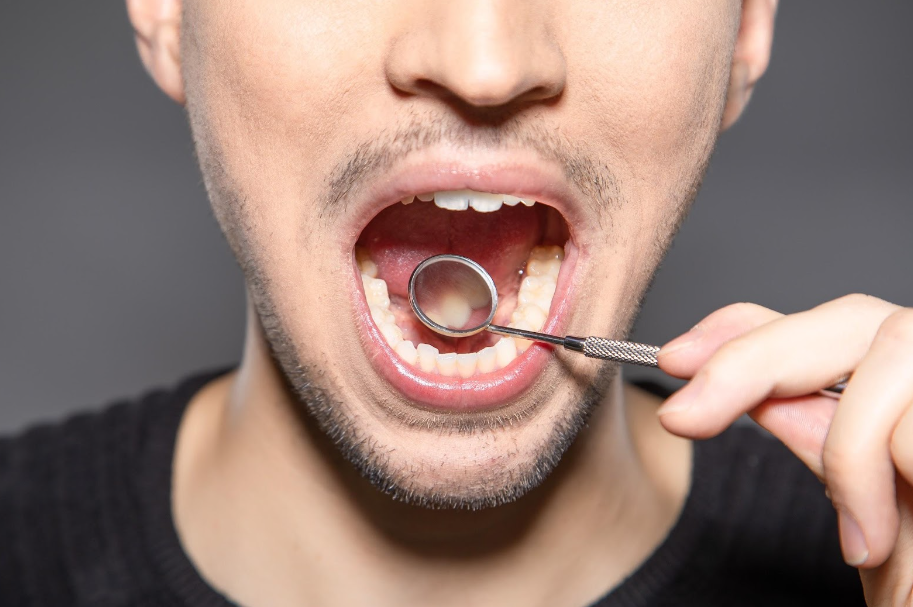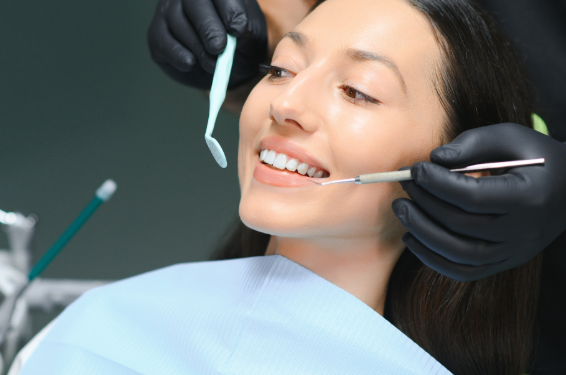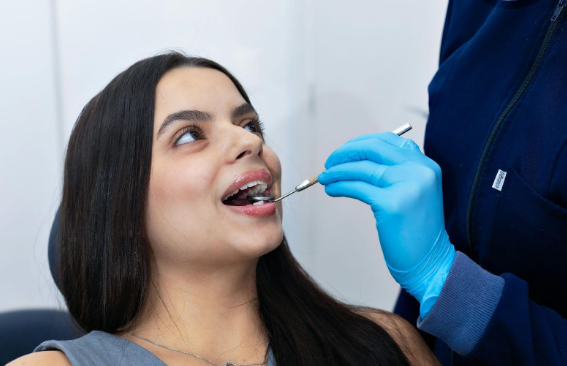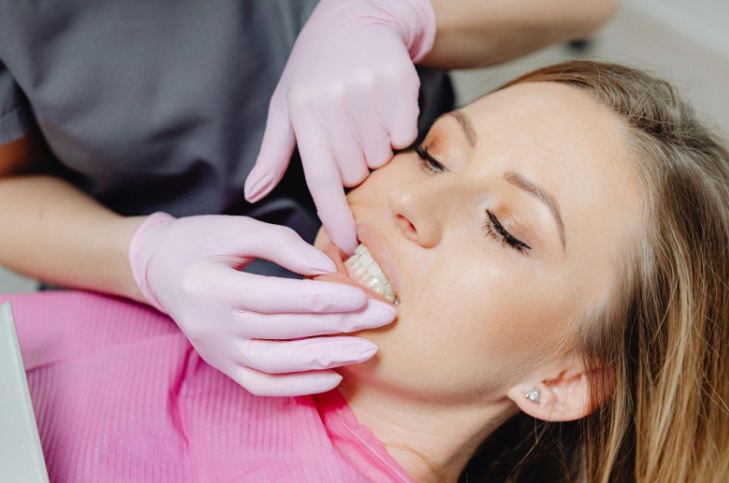What Is Oil Pulling and Does It Work?
What Is Oil Pulling and Does It Work?

Oil pulling is an ancient technique used to promote oral health and hygiene. It involves swishing oil in your mouth for an extended period and is said to remove bacteria and toxins from the mouth, resulting in a healthier mouth and fresher breath.
This technique caught on in the last decade, and many people are still curious to learn more about oil pulling. Read on to learn what oil pulling is, how it works, and if it’s actually effective.
What Is Oil Pulling?
Oil pulling is an ancient Ayurvedic technique that involves swishing oil around in your mouth for a few minutes every day. This technique has gained popularity as a natural remedy for various health issues, including bad breath, gum disease, and even skin problems.
The oil that is most commonly used for this technique is coconut oil, but others such as sesame and sunflower oils can also work. However, sesame and coconut oil are highly recommended as they have mild abrasive properties and more healing benefits than others.
How to Do Oil Pulling
Oil pulling is a simple process that can be done at home and it doesn’t require much time. All you need to do is take a tablespoon of oil, swish it around in your mouth, spit out the oil, and rinse your mouth.
There are two techniques to perform oil pulling:
Gandusha
This is a technique of holding the oil or other liquid still inside the mouth for a few minutes. Then, the person spits out the liquid, and the process is repeated.
Kavala
This most-known technique is performed by retaining a small amount of oil and vigorously swishing it around before spitting the oil into a trash can and rinsing your mouth.
For optimal results, experts recommend performing two swishing sessions per day of four minutes.
It's important not to swallow the oil as it can contain harmful toxins that are removed during the swishing process.
Does Oil Pulling Actually Work?
Despite its popularity, oil pulling remains a controversial topic in the dental community and there is still a debate on whether oil pulling actually works. While some claim that it has numerous benefits, others say it's just a fad.
The truth is, oil pulling has not been extensively researched in clinical studies, and most of the evidence supporting it is limited.
What Are the Benefits of Oil Pulling?
Although there are inconclusive and extensive studies probing oil pulling, a few of them have shown that this ancient technique has reduced plaque, helped with cavity prevention, and built stronger gums for people who maintain a healthy mouth routine. Here are some of the benefits of this traditional Indian technique:
Reduces Harmful Bacteria
Some studies have found that oil pulling may reduce the amount of harmful bacteria in the mouth, which could improve oral health. However, these studies were small and not well-controlled, and more research is needed to determine the effectiveness of oil pulling.
Prevents Plaque
There is supportive evidence indicating that oil pulling, especially with coconut oil, may impede the formation of plaque. This evidence is partially derived from a study conducted in 2020.
Similar to Commercial Mouthwash
Furthermore, a study from 2008 revealed that oil pulling is equally effective in maintaining and enhancing oral health when compared to commercial mouthwash. The study specifically investigated the levels of Streptococcus, a bacteria commonly present in the mouth and known to contribute to tooth decay.
Another claim is that oil pulling can whiten teeth. While oil pulling may remove some surface stains on teeth, it will not penetrate the enamel to whiten them.
While various small-scale studies yield optimistic findings regarding oil pulling, the
American Dental Association does not endorse oil pulling as a trustworthy dental care method because of the lack of evidence. The organization also does not recommend oil pulling as a replacement for regular brushing and flossing routines.
Why Oil Pulling May Not Work
As mentioned before, there is not enough research available probing the effectiveness of oil pulling, but studies have shown that this technique is not a standalone solution for improving oral health nor a replacement for traditional oral hygiene practice.
Neglecting proper brushing and flossing routines, along with professional dental care, can have negative consequences on oral hygiene. Oil pulling alone may not provide enough protection against tooth decay, gum disease, and other dental issues.
Risks and Side Effects of Oil Pulling
While no significant physical side effects have been identified using oil pulling, it's possible to experience initial discomfort such as a sore jaw or headache due to the repetitive motions involved in this technique.
In some cases, the oil can become contaminated with bacteria that can cause harm if ingested. Additionally, some people may experience an upset stomach or diarrhea if they accidentally swallow the oil.
There can also be drawbacks if oil pulling is not performed correctly. An improper technique, such as swishing the oil too vigorously or for an excessive duration, may cause:
- Dry mouth
- Increased thirst
- Fatigue
- Loss of sensation or taste in the mouth
In addition, there is a risk of accidentally swallowing the oil, which can cause gastrointestinal discomfort or an upset stomach.
To reduce the risk of experiencing any of these symptoms, it is important to follow the recommended guidelines and consult with a dental professional to ensure proper technique and minimize any potential side effects.
In summary, you could add oil pulling to your oral health daily routine and get similar benefits as from mouthwash—just don’t forget to floss, brush your teeth, and seek dental advice before starting with oil pulling.
If you live in Clarksville, Tennessee, and you are interested in adding oil pulling to your daily routine, our professional dental team is ready to assist you and give you the best assessment on whether oil pulling is a suitable option for you or your family. At
Patriot Family Dental, we strive to improve your oral health by providing dental care from a reliable, experienced, and friendly dentist near you.
Contact us today to schedule an appointment.











